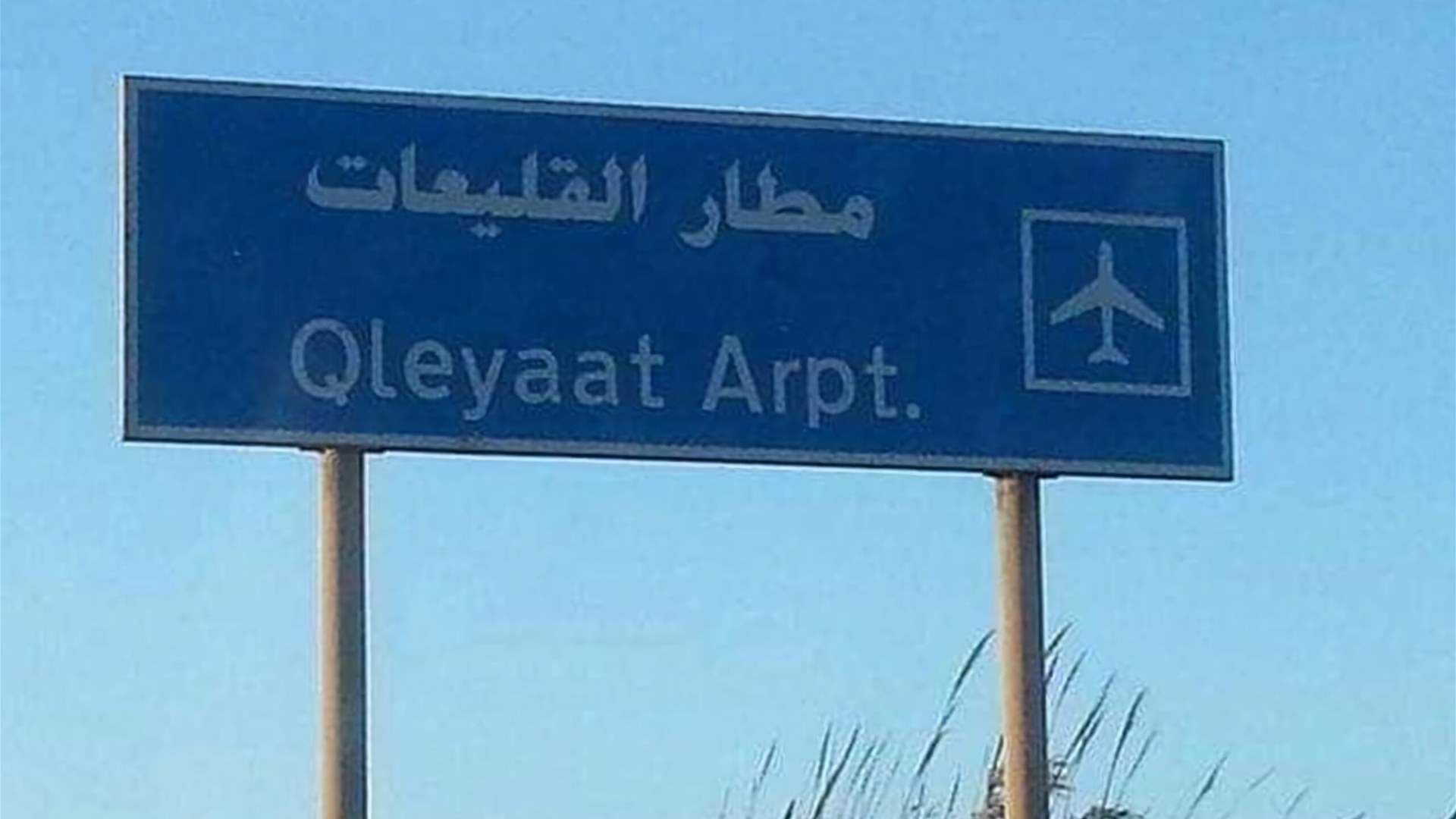
Prime Minister Nawaf Salam announced during his visit on Tuesday to the site of Kleiate Airport, located in Akkar in northern Lebanon, that the facility could be back in operation within a year.
This announcement raised several questions, particularly due to the short timeframe, the bidding process for the work, and the project’s financing. Salam also emphasized the airport’s strategic importance for the development of northern Lebanon.
It is not the first time the redevelopment of Kleiate Airport has been mentioned in a ministerial statement. The project had previously been brought up under the government of Najib Mikati (2011–2015).
Sajih Attiyeh, MP for Akkar and chair of the parliamentary committee on Public Works and Energy, told This Is Beirut that a “serious political decision” had been made regarding the project, following discussions with the Prime Minister and his team. According to him, a preliminary master plan has already been assigned to the consultancy firm Dar al-Handasah, which has committed to delivering it within the next three months.
Regarding the reopening timeline, Attiyeh considers it realistic, as during the first phase, the airport will primarily handle cargo flights, low-cost airlines, and a fleet of small planes transporting passengers in transit to Syria. “The infrastructure will require only limited renovations at first, since Kleiate Airport previously served as an airbase for military and civilian flights between 1988 and 1990, under the leadership of former Prime Minister Rachid Karami,” he explained.
The initial budget for the launch phase is estimated at around $30 million. Attiyeh also highlighted the airport’s potential economic benefits for the two million residents of northern Lebanon and the Hermel region.
Financing and Public-Private Partnership (PPP)
Majd Harb, the lawyer who worked on the legal aspects of the project, agrees with the MP about the feasibility of a one-year timeline for a preliminary reopening. According to Mr. Harb, the main obstacle to bringing the airport back into operation is not the lack of feasibility studies, but rather the project’s financing. Although the law permitting funding through public-private partnerships (PPP)—including the Build, Operate, Transfer (BOT) model—is already in place, it has not yet been implemented due to the absence of executive decrees. “This process will not cost the state anything,” he noted. However, he added that the use of tendering and adjudication mechanisms could result in additional delays and costs for the State.
Harb also emphasized the importance of not neglecting upgrades to the airport infrastructures in Hamat (Batroun) and Rayak (Bekaa), which he believes could play a key role in the economic development of those regions.
Feasibility Study and Economic Impact
Economist Mohammad Chamseddine emphasized that a rigorous feasibility study is essential to assess the economic potential of Kleiate Airport. This includes determining what share of air traffic the airport could capture, how many additional passengers it could attract—particularly from Syria—as well as how many northern Lebanon residents currently use Beirut Airport. According to him, it is also crucial to determine the minimum passenger threshold required for the project to be profitable.
All of these questions need clear answers to ensure that the project has a real economic and developmental impact on a region suffering from a lack of basic infrastructure—especially in terms of road access to the airport.





Comments